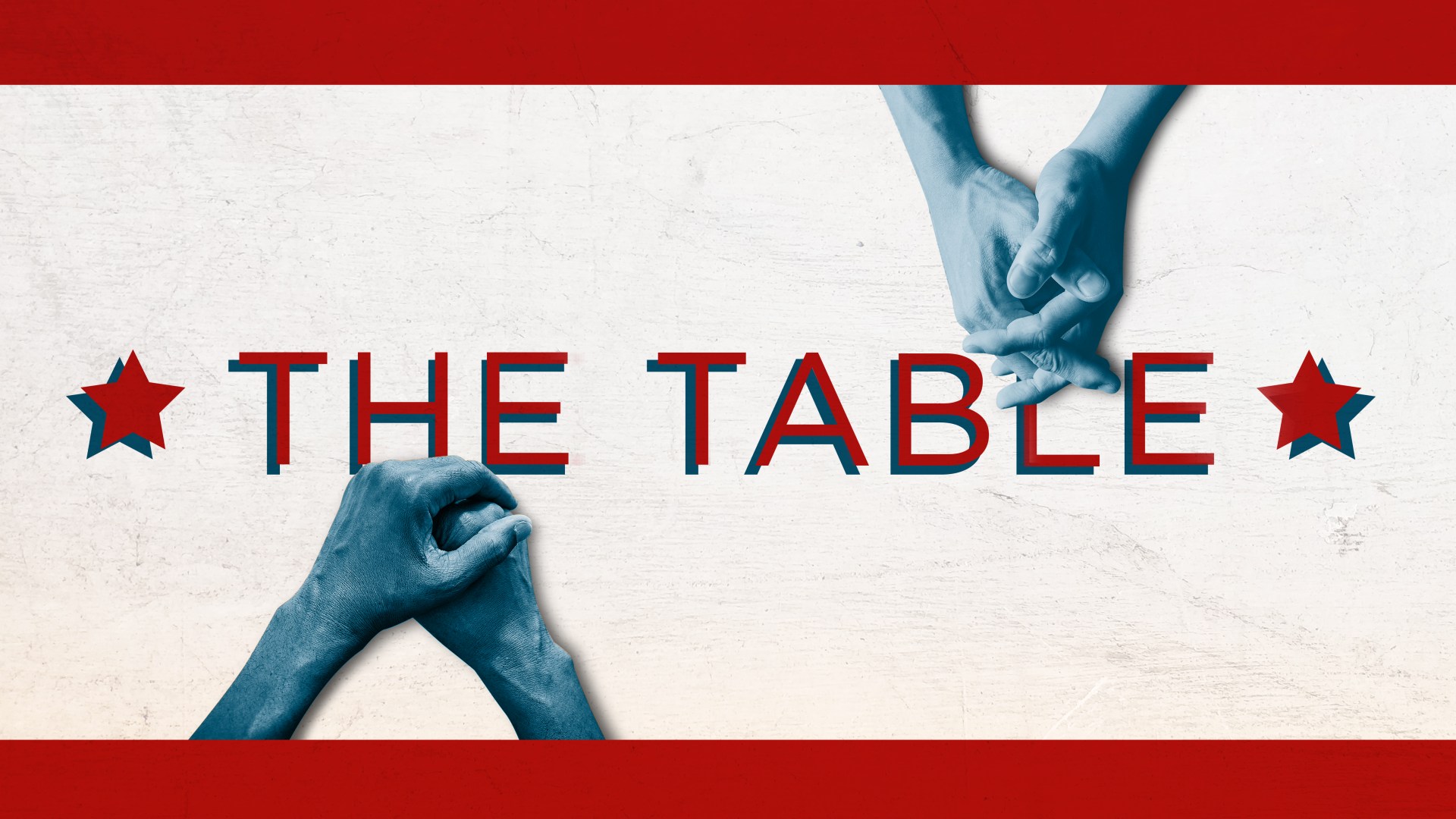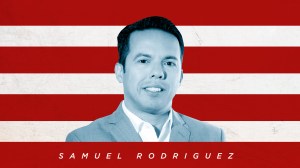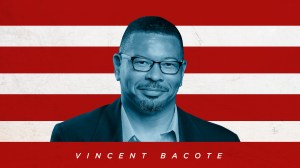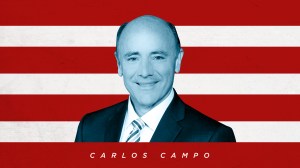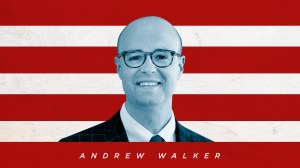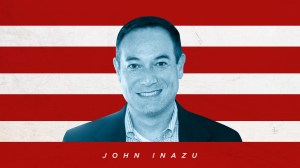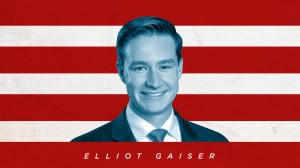In this series
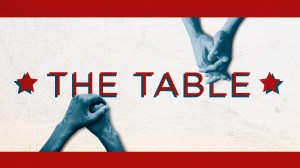
Amid the tempest of the 2020 election season and all the anxiety it provokes, I’m comforted by the familiar image of Jesus asleep at the stern in a boat being swamped by a furious storm (Matt. 8:24–27). His terrified disciples, experienced sailors scared for their lives, could not fathom how their spiritual captain could seem so indifferent to their doom. But Jesus slept not because he was indifferent or resigned to their fate. Quite the opposite. Jesus was unafraid because he knew he possessed a power greater than the storm. Jesus spoke and the waves were calmed. “What kind of man is this?” his disciples asked. “Even the winds and the waves obey him!”
The whirlwind of American politics continues to swirl, and we evangelicals find ourselves caught up in the tempest. How to navigate a storm we cannot control is an immense challenge. In a political culture shot through with compromise and complexity, how do we advance the values we believe in without becoming complicit in values we do not? Being salt and light in the here and now entails engagement for the good of a world God loves, and yet, as Christians united under the lordship of Christ and Christ’s kingdom, our allegiance exceeds our citizenship.
In the wake of Mark Galli’s viral editorial about President Trump, CT called for a conversation around a common table. As we wrote, “It is time for evangelicals to have a serious discussion about how our identity as Christians shapes our activity as citizens. We will invite authors who represent a variety of viewpoints in a thoughtful and charitable manner.”
It’s taken some time to gather all the RSVPs, but over the coming weeks, we’ll publish a series of pieces from a variety of perspectives addressing how evangelicals, guided by the Bible and by sound biblical theology, think about their political obligations in relation to their other obligations. What criteria do we use when deciding whether or not to support a candidate for office? What are appropriate and inappropriate forms of alliances with political parties? What do these principles mean for us in the Trump era and beyond?
The answers we publish are not the opinions of Christianity Today, nor do they necessarily agree with each other. But our disagreement in no way allows for disparagement. How we talk politics as Christians is as important as what we say. You’re invited to read and to ponder and to even be tempted by positions you oppose, if only for the sake of full understanding and genuine love for one another in obedience to Christ. Perhaps we as Christians can model a form of political dialogue that can inspire the culture around us.
I’ve always loved how the Gospels describe Jesus as rebuking the storm, just as he’d rebuked demons and spirits and the Devil in Peter, who’d become bewitched by mortal concerns at the exclusion of the concerns of God (Mark 8:33). Politicians produce immense bluster. Personal and policy passions generate tremendous waves. Anxiety swamps our boat. Perhaps we too can hear the words of Jesus in the midst of the howling wind (Matt. 8:26). “You of little faith,” he remarked with wonder, “why are you so afraid?”
— Daniel Harrell, editor in chief

